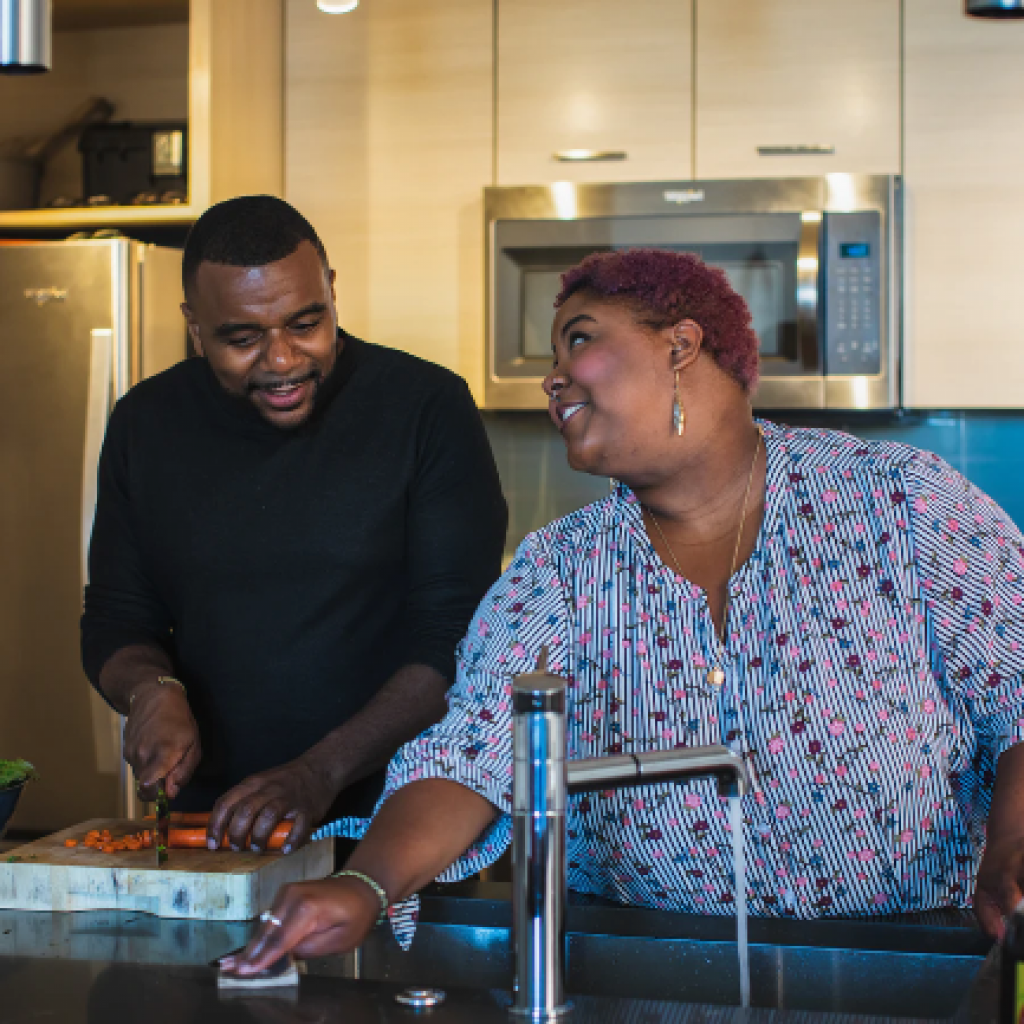What Are Holidays in 2020?
December 1st 2020
As the holidays approach we are presented with a set of questions and challenges that may seem unfathomable. Our world has been turned upside down by the fear and burden of a long-lasting, global pandemic. What is holiday cheer during the times of COVID-19? How do we balance family tradition with safety and consideration? Now more than ever, it will be important to go into the next few months with mindfulness and care. While many things are out of our control, we still have the ability to shift our focus into reflection and gratitude. Set an intention to preserve joy and holiday magic during these times!
Manage your Expectations – This year will be different, and that’s that. It is easy to sit in a space where we are focused on things that will NOT be happening this year. No family gatherings, no getaway vacations, no catching up with friends at our local hot spots? Frequenting with our favorite people and places may seem elusive at this time. Try to look at what is right in front of you and find appreciation for the things that are within reach. Perhaps it is just you and your partner this year! Lean into that relationship and learn more about him or her. Maybe it is just you this year. Finish that book that’s on your shelf or learn a new recipe. Practice being present in every moment. Take your focus away from the deficits of this year and tune in to the abundance right in front of you.
Cultivate Creativity – Maybe it is time to think of some new traditions and rituals that can be incorporated into your holiday season! There is something habitual about the holidays. We fall into the flow of what is expected and required of us. And then oftentimes, we repeat those traditions each year. Change it up! What do YOU want to do with your time? We have a unique opportunity to strip ourselves of certain obligations, and have a unique sense of agency with what we can do with our own time. Whether it is being alone or with an accessible family member, spend time creating one new tradition or ritual for this year. For example, send anonymous care packages to family members and hop on Zoom to play a game of Clue to see who sent what!
Sit in Stillness – It is perfectly okay to be still, especially this year. If you do anything during this time, take a second to pause and tune into your emotional needs. It has been 10 months since the start of this pandemic. Ten months of Zoom meetings, 10 months of forced isolation, and 10 months of global uncertainty. Don’t go into 2021 in full burnout mode, if you can help it. Pause, relax, and attend to yourself! Instead of planning your next year or scrambling to find a new year resolution, just identify five things that will make you feel happy in the next week. Set smaller goals, self-reflect quietly, and make recharging for 2021 your priority.




 by John Hart, PhD, LCMFT
by John Hart, PhD, LCMFT






